Robert Royal will post periodic updates here about the progress of the Synod on Youth, the Faith, and Vocational Discernment. Dr. Royal is in Rome now, talking to Romans, countrymen, and friends, and beginning to take the temperature of the Synod. EWTN will be reporting on the Synod, and Bob will be part of the coverage.
And if you scroll down, you may read Dr. Royal’s reporting on the 2014 Synod on the Family, and this will be the place for all his reporting on Synods to come.
This latest Synod promises to be an important, perhaps historic, gathering. As he proved covering the Family Synod, the canonizations of John Paul II and John XXIII, and the visit of Pope Francis to the United States, nobody explains it all better than Robert Royal.
As First Things has commented, Bob’s 2014 Synod reporting was "required reading for anyone trying to understand the dynamics of that Synod amidst the reportorial and analytic fog..."
And you can read his reports on previous Synods below by scrolling down: newest reports are always on top.
Synod 2018: An Intermediate Reckoning
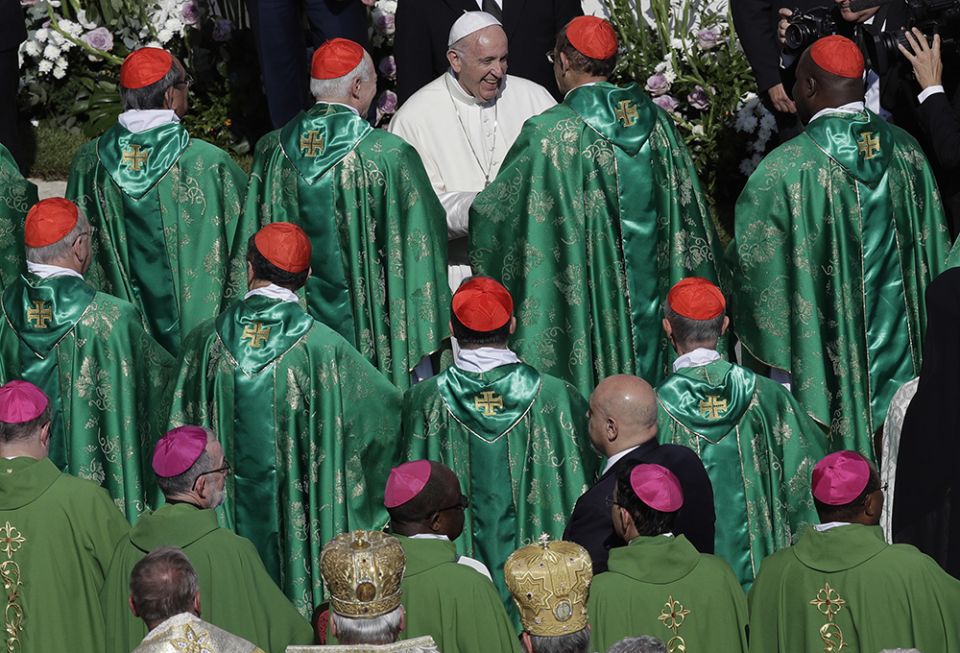
A few days ago, I promised one last report on the Synod and its final document, but only after I had taken time to read the whole text – which still only exists in Italian – and to consider it carefully. There were many quick journalistic reactions, useful in themselves, but they tend to focus on the usual controversial points and stir up emotions that are then forgotten within a couple of news cycles. If we want to be a Church, however, that does more than just try to grab onto a few shreds of truth among the swirling digital and spiritual waters around us, we owe it to ourselves to make a serious effort – even in online forums such as TCT – whenever we can to move more deliberately, dive more deeply. Read more.
Which Future for the Church?
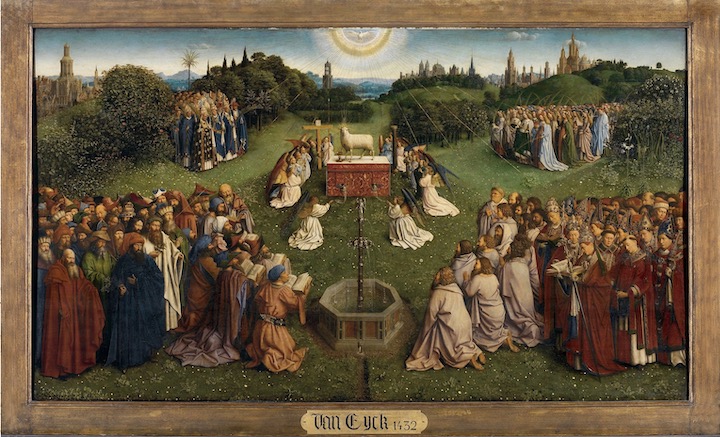
A formerly evanescent creature called “Synodality” has been spotted with increasing frequency in these last days of the Synod on Young People, Faith, and Vocational Discernment (to give the synod its full working title). The bishops vote on the final document later today – and several crucial questions remain in play.
The cynical among observers in Rome say that the emergence of “synodality” as a theme at this late hour is no accident. The explicit LGBT language that was in the Working Document, written prior to the Synod, was effectively blocked early in the process by the firmly expressed opposition of dozens of African bishops and others from around the world. Read more.
The Papal Posse on the Synod’s final week
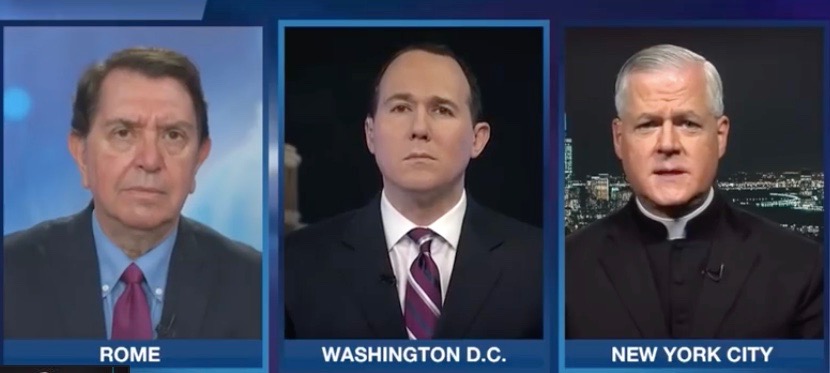
On “The World Over” with host Raymond Arroyo, TCT’s Robert Royal and Fr. Gerald E. Murray discuss the Synod’s final week and much more. Watch here.
Reviewing Texts and on Pilgrimage

When some future historian of the Church looks back at the events of the past several weeks, he may appreciate the weariness many of us felt at the steady drone of first-world obsessions at the Synod, while Christians in real situations of persecution and life-and-death threats are in trouble all over the world.
And that sage future observer may even ask him/herself how people who repeatedly said that they wanted to avoid Eurocentrism and to underscore the plight of people at the margins, still couldn’t quite bring themselves truly to do so.
This reflection stems from what was probably the most salient question at Tuesday’s briefing. A writer from The Tablet, a progressive Catholic publication in London, asked the panel in the Vatican’s Sala Stampa: After all this discussion, if the term LGBT does not appear in the final document, don’t the Synod Father risk being accused of having said they wanted to listen, but in fact did not hear? Read more.
On the Verge
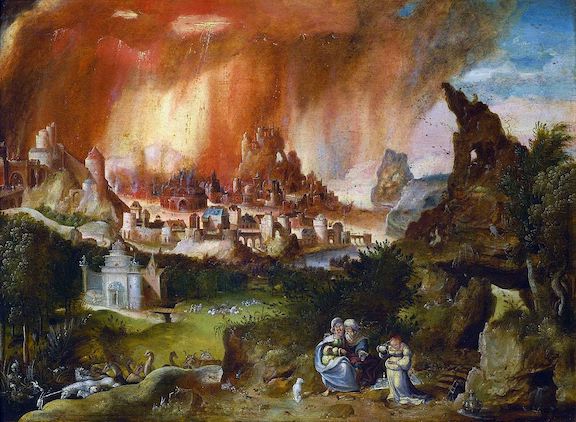
Italian journalists with long experience here say to expect [in the Synod’s final document] a relatively uncontroversial text – on the surface. It will, they say, include ambiguous language about LGBTs designed not to provoke too strong a reaction, but formulations that can be turned in several desired directions in the future.
This seems only too likely. And that’s why the bishops who truly get what’s going on must push strongly for language that allows for no blurring of Catholic teaching, explicit or implicit, anywhere in the final document. Read more.
A Serious Struggle Starts Today
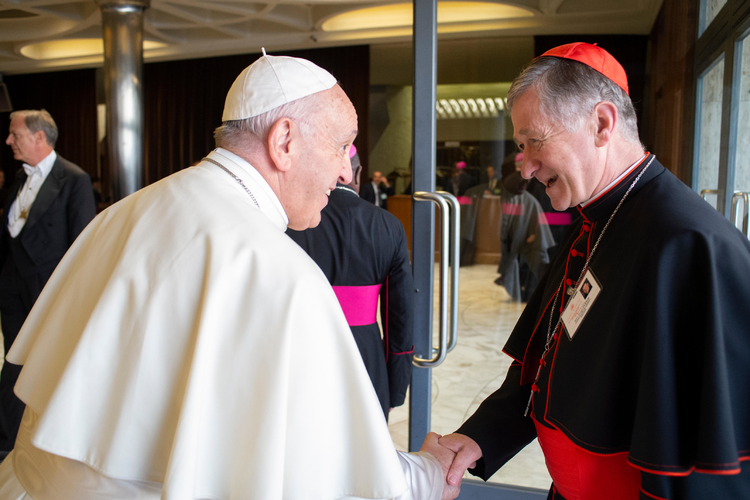
The past three weeks of the Synod were a mere prelude to the main event, which begins as the final week opens today. Tomorrow will be particularly important: the bishops receive the first draft of the final Synod document. So the wrangling will really start, and we will see whether everything that has happened to date is relevant or has just been for show.
In its dalliances with LGBT questions, the Synod has already changed things, just as Amoris laetitia, for all its ambiguities, has gravely changed – and harmed – the understanding of marriage. Read more.
A Nice Day for Social Questions
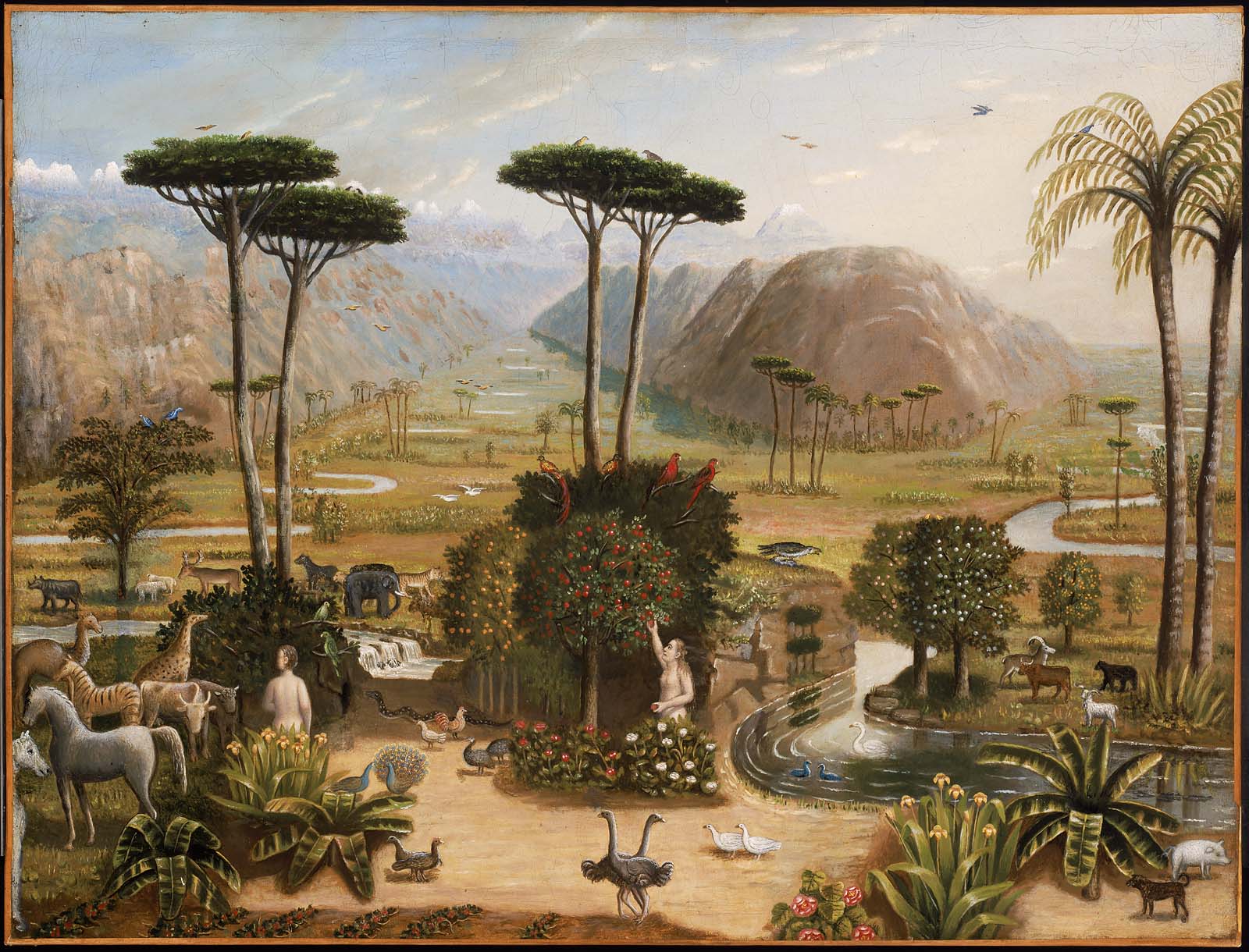
One of the persistent questions at an event like the Synod on Youth – which is by design not open to the press and the public on the principle that a certain degree of privacy allows for more frank discussion and a contemplative atmosphere – is how the flow of information is being managed. Given the basic structure, of course, there cannot be full transparency. Paolo Ruffini, a layman who is the Prefect of the Dicastery for Communications of the Holy See, has been giving fairly comprehensive and credible daily accounts of topics that have been discussed, without revealing who brought them up or how others responded to them.
The daily briefings, on the other hand, involve various participants in the Synod appearing publicly, which also raises questions about why those particular persons were chosen on that particular day. Most of the time, the speakers seem to have been selected either at random, or for a certain variety of interests, or as regional representatives. Thursday seems to have been devoted, on purpose, to social questions with more and less real connection to young people. Read more.
In Search of the Ordinary Good Life
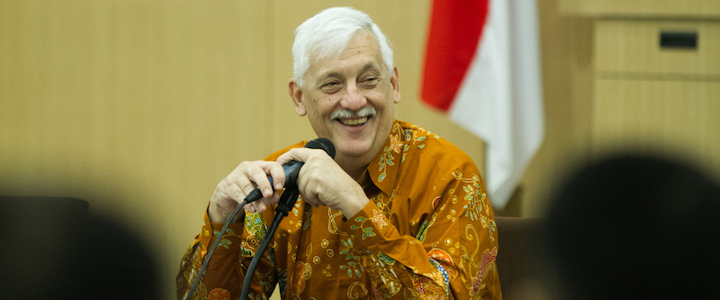
A trusted friend, one of the wisest heads I’ve encountered in our fallen world, just called my attention to “this little item” from Monday’s synod briefing by Fr. Arturo Sosa S.J., a Venezuelan who was named the Superior General of the Jesuits by Pope Francis two Octobers ago: “The Church should show the multicultural face of the God who revealed himself in Nazareth, and promote a universal citizenship, that recognizes the richness that is brought by cultural diversity, therefore build a multicultural world.”
I was in the room when he made this remark. And as the Protestants say, “I feel convicted” now by my friend’s message. I simply typed a note into my running log for the day without giving it much importance. My bad. But when you are swimming around in many words that don’t seem to be attached to anything, you tend to get numb to the next little bit. Read more.
It’s All or Nothing
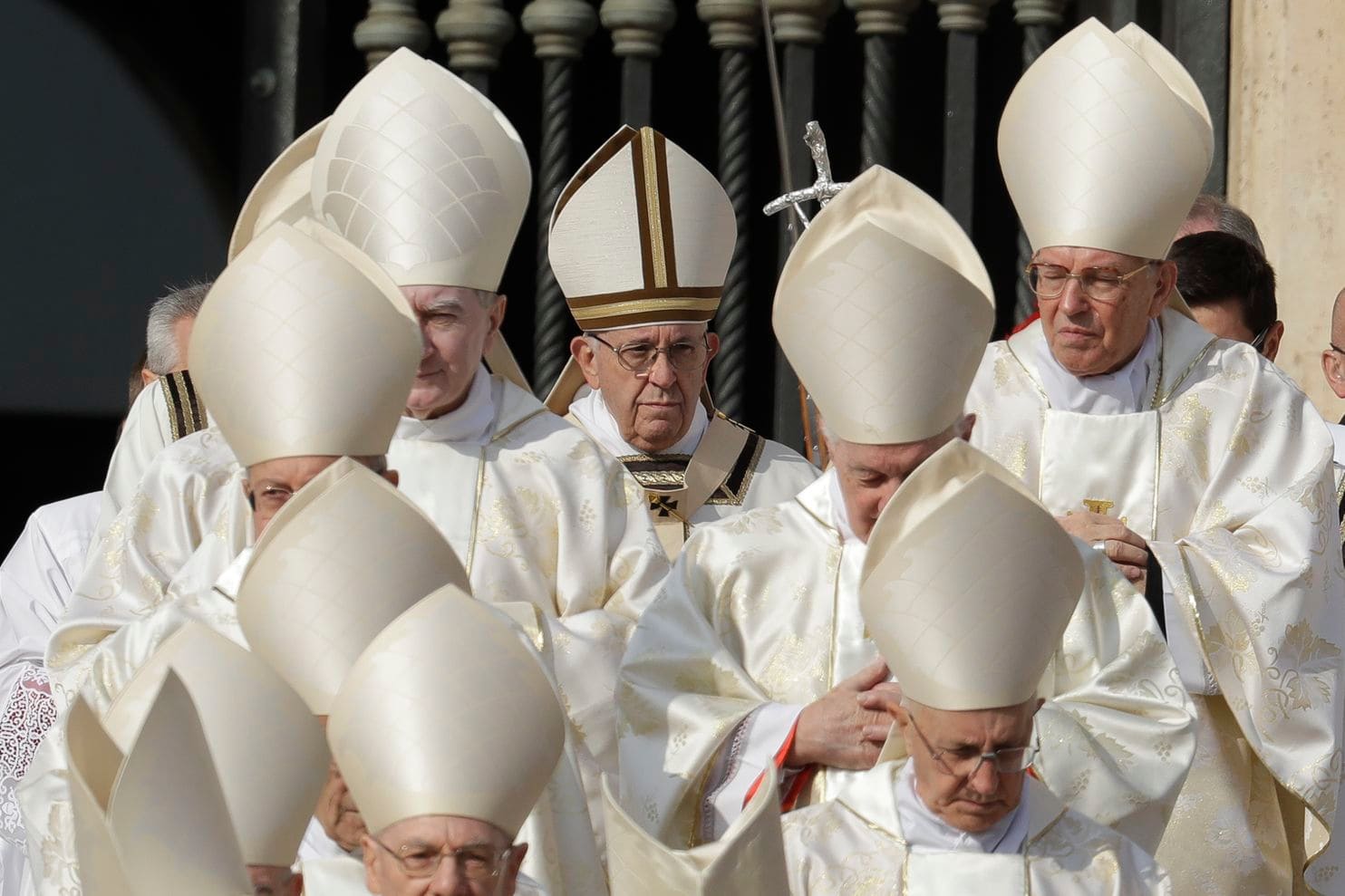
Pope Francis made a bold statement at the canonization Mass on Sunday:
“Jesus is radical. He gives all and he asks all: he gives a love that is total and asks for an undivided heart. Even today he gives himself to us as the living bread; can we give him crumbs in exchange?” . . .
The crowd gathered in St. Peter’s Square to listen to him was mostly older adults, but we might hope that before the Synod comes to an end, he uses his considerable charisma to convey that same message to young people as well. Because over and above the various debates and the mechanics of the event, that will the measure of whether the Synod is a success or failure. Read more.
Whither Now? and What is the Church?
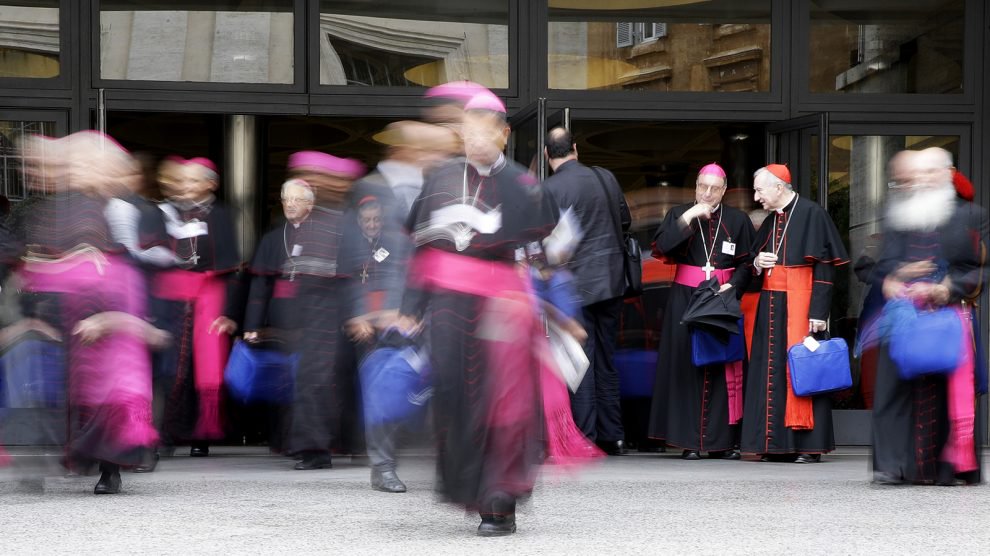
A typical milky blue sky, fresh then hot, presided over yesterday’s canonizations. And St. Peter’s Square was surprisingly packed mostly with Spanish and Italian speakers, but also many Poles and Americans, and small groups of others. It was a welcome pause from Synod business, and a reminder of the still global reach and influence of the Church, whatever troubles we may face. Read more.
What “Future” without Children?
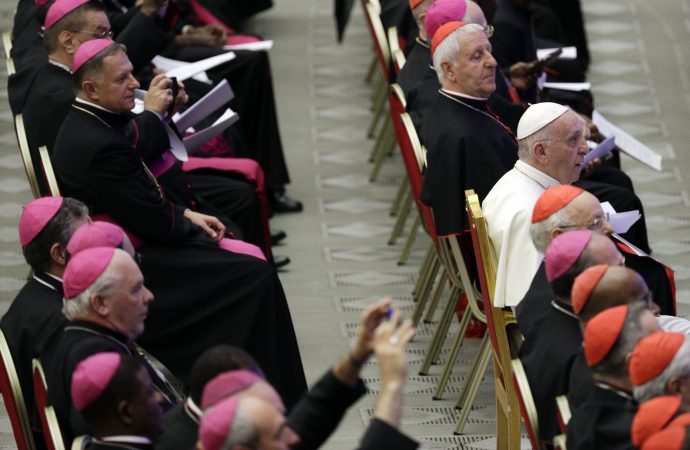
The “future” has been a hot topic at the Synod on Youth, the Faith, and Vocational Discernment. Virtually everyone, bishops and lay people alike, works hard to find reasons to believe that, despite the dismaying statistics about young people turning their backs on Christianity and the mostly tepid stance of most of those who have not left, we should not give into pessimism or, worse, the sin of despair. There’s “hope” – they say – for the “future.” Read more.
First Reports – Part II
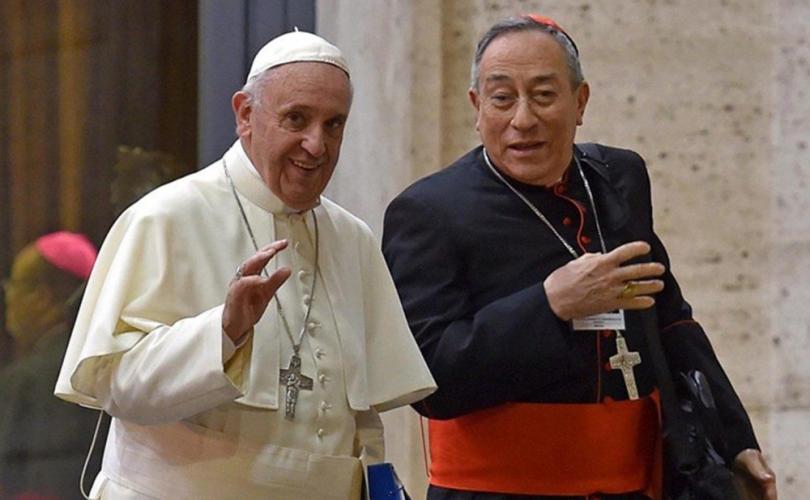
A word of caution about early pronouncements from the Synod: many people, including some journalists who should know better, pick out something that has been said in one of those groups as evidence that “the Synod” has attacked or supported some outrageous view or other. This is my third synod and, in every one of them, things have been said – foolish, incoherent, or outright obtuse – that it’s hard to believe came from a delegate to a meeting at the Vatican. Read more.
First Reports
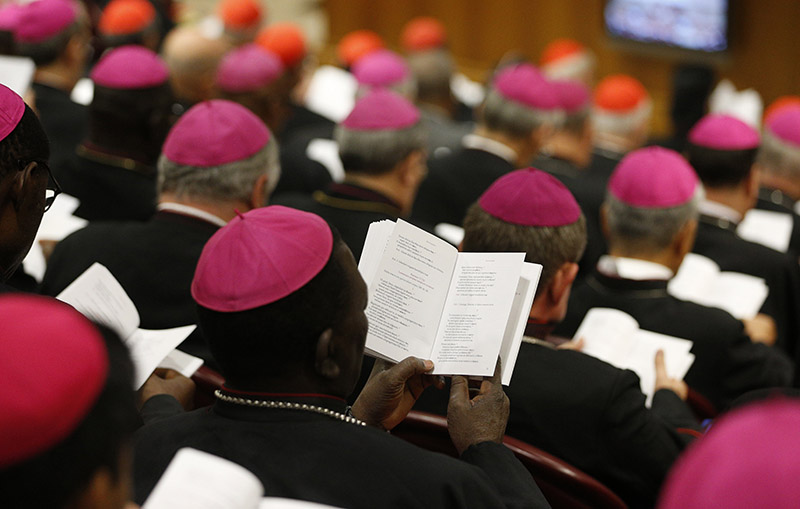
Yesterday, the Synod released the brief reports of the fourteen circoli minori, the small language groups that gather outside of the full meetings of almost 300 participants to work through various points. These provide the first substantial glimpse into proceedings that have largely been out of public sight until now. Read more.
A More Excellent Way
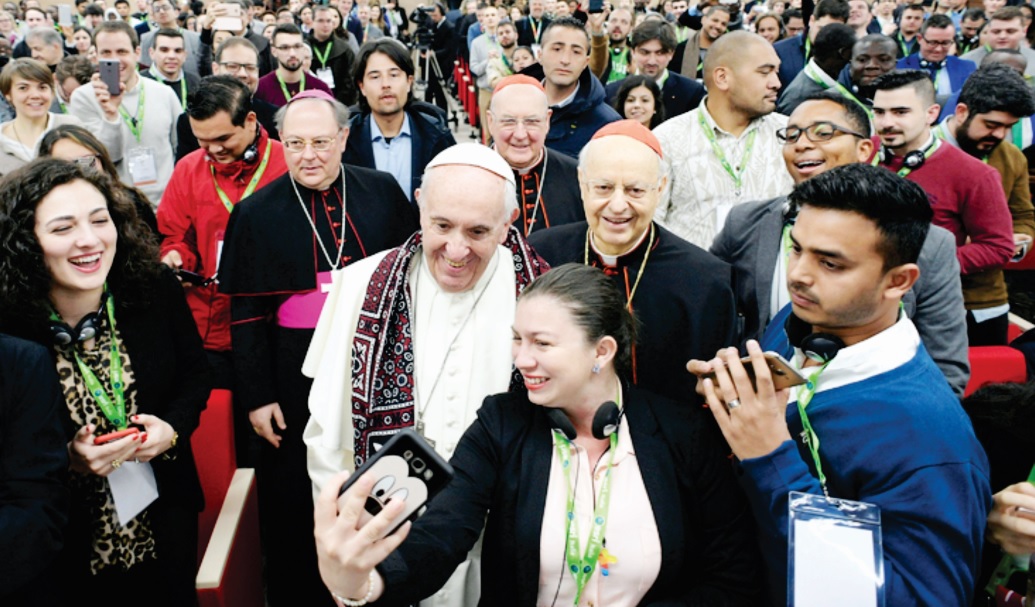
The Synod of Young People finishes its first full week today and – it has to be said, at least based on what’s emerged from the closed sessions – the whole exercise seems to be in a holding pattern. Preaching the old theological virtues of Faith, Hope, and Charity to adolescents may not be the best catechetical approach to a profoundly under-catechized generation that needs considerable preparation before it can even grasp the significance of such Christian basics. Read more.
Two New Statements and the Church’s Trust Deficit
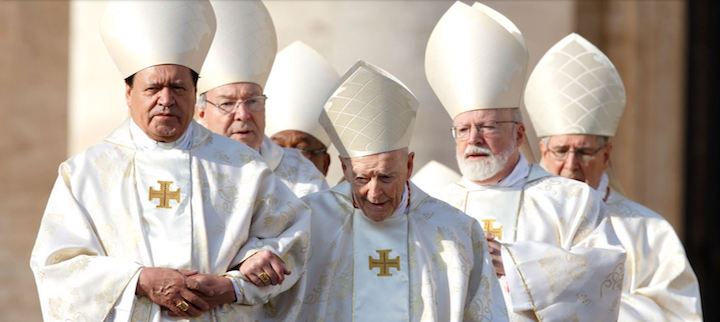
Two statements came out from the Vatican over the weekend, basically during the pause in the Synod for the Sunday observances. Both dealt with the McCarrick case, and were partly a reaction to the constant presence of that case and – indirectly – other abuse cases in synodal conversations about the Church and young people. That’s become a necessity because, as Sydney Archbishop Anthony Fisher put it last week, many people were harmed and lost trust when they were young; and “The Church has to be the safest possible place for a person.” Read more.
Speaking as an American. . .
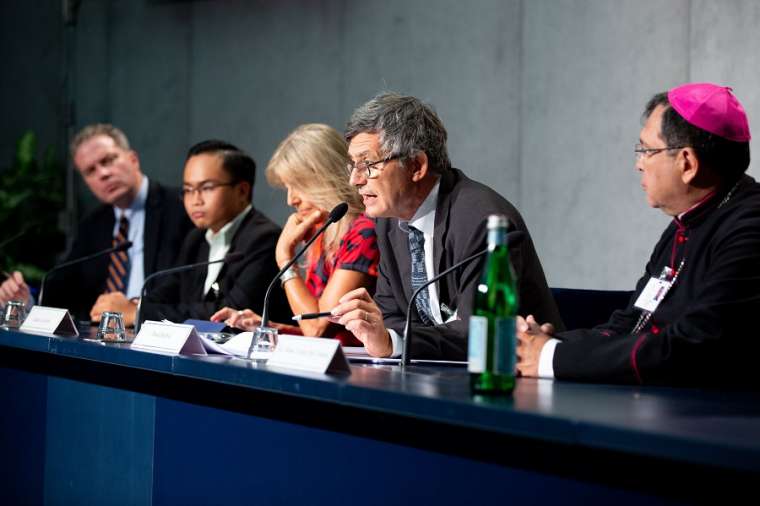
Father Thomas J. Reese is a Jesuit – former editor of the Jesuit magazine America. He’s, generally speaking, a strong supporter of Pope Francis, both in his efforts to change the Church and in his political initiatives on subjects such as the environment, immigrants, and global poverty. Towards the end of yesterday’s briefing in the Vatican press office (the first for the Synod on Young People), he asked what may become the central question that will loom over the whole four weeks of the synod. Read more.
Papal Aspirations: Day One
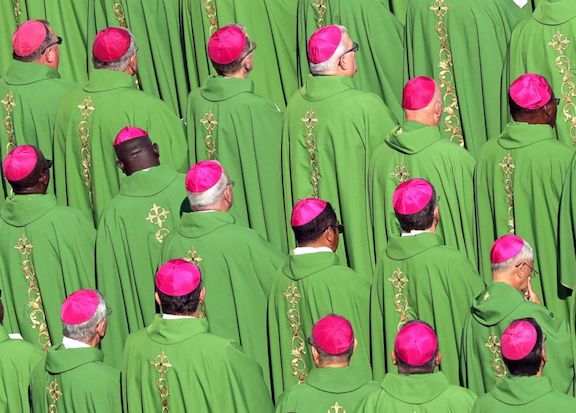
Weighing official communications about a Synod – unofficial sources are usually known quantities with greater or lesser degrees of reliability – has always been a guessing game. The past few synods on the family took guessing to a whole new level as various intermediaries in various languages with various agendas (not always Catholic) tried to put their mark on each day’s proceedings, often with little connection to what the bishops had actually discussed. Read more.
2018: As the New Synod Opens
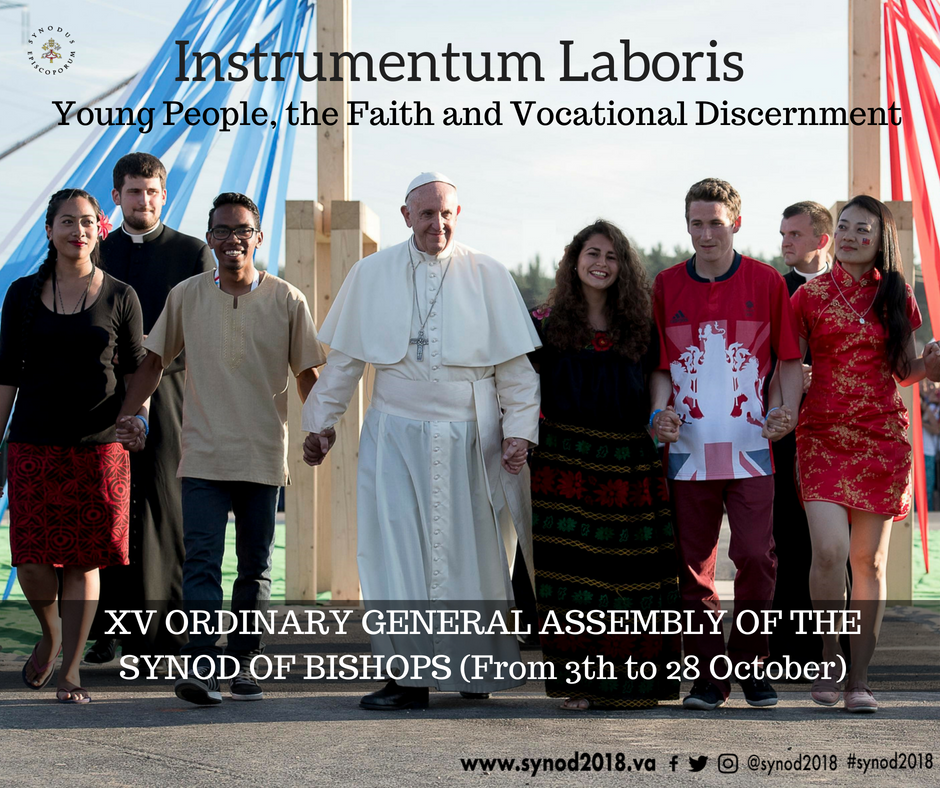
Just yesterday, Cardinal Baldisseri, Secretary General of the Synod of Bishops, questioned the “loyalty and honesty” of Philadelphia Archbishop Charles Chaput. After the tumultuous 2015 Synod on the Family, Chaput was elected to the Council of the Synod of Bishops (basically the planning committee) with the most votes for any single candidate by the bishops of the whole world. His recent offense? Substantial criticisms of the Working Document intended to guide the month’s proceedings. Read more.
2015: The Text and the Context
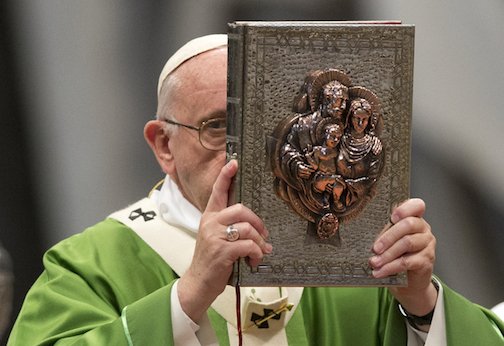
Robert Royal: The 2015 Synod on the Family is done; it produced several lights and not a few shadows. The Final Report, as it now stands, contains some strong spiritual reflections, drawing on the Sacred Scriptures and the traditions of the Church. It also deals realistically with many of the social and cultural and political situations of families around the world – situations that vary greatly: from the sex-saturated hedonistic culture of the West to conditions of war and persecution in the Middle East and Africa. A few paragraphs would have been better left out. Taken solely as a general view of the family, it has value. But the context in which the text was developed is another thing entirely, and will be a sore point for years to come. Read more.
My Back Pages
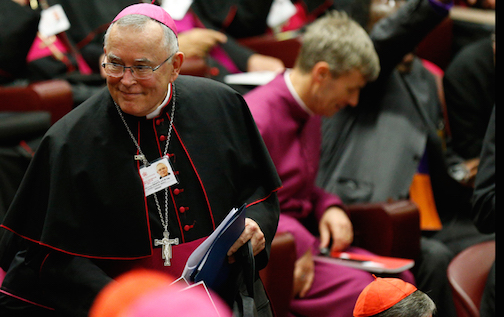
Robert Royal: It’s very rarely pleasant to have to issue a self-correction, but I’m quite happy to do so today, especially since the error was to underestimate the workings of the Holy Spirit – and even of a Synod of Bishops. I’ve been a bit more optimistic than most observers here in Rome over these past weeks (as you may have noticed), and readers have chided me for everything from criminal naiveté to having drunk deep of the synodal Kool-Aid. But though I have not yet personally seen a copy of the Final Synod Report, those who have, and whom I trust, are, in two words, pretty happy. Read more.
Where Was Our Catholic Culture?
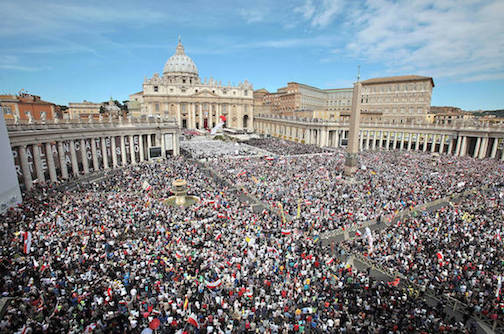
Robert Royal: Among the various puzzling things about the past three weeks is how small a role that deep, many-hued Catholic culture has played during the Synod on the Family. It certainly did not play much of a role in the creation of the Working Document, which instead relied more on a shallow sociology and anthropology to describe problems and on a thin rationalism for answers to them. And that, to say the least, is a sad state of affairs. Read more.
Circles within Circles
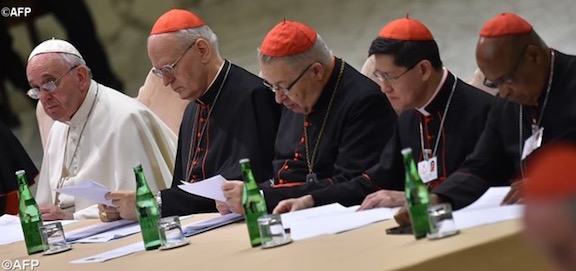
Robert Royal: First the good news: of the thirteen group reports, only three favor the Kasper Proposal on CDRs as such. And we may assume that even within those groups, some bishops would vote against it. The supporters are the Germans, French A, and Italian C (the last qualified its support by invoking the theological notion of the “internal forum,” an oddity since marriage is a public act). Off the record, people inside the Synod still believe the Kasper proposal would be rejected if it were put to a direct vote, which the drafters will probably not risk for that very reason. Read more.
Damage Limited, Outcome Unknown
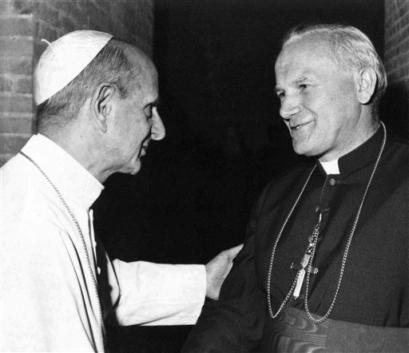
Robert Royal: If you expected this Synod to be an inspiring endorsement of the Catholic vision of marriage and family, you will – to say the least – be dismayed (but kudos to you for your high level of hopefulness). If you expected that, given the rebarbative document the bishops have been stuck with and are laboring to fix, the best we can hope for at this point is damage control, you would be justified in – cautiously – being of some good cheer, at least as far as the final document of this Synod is concerned. What comes after will be another matter, entirely. Read more.
Separating the Wheat from the Chaff
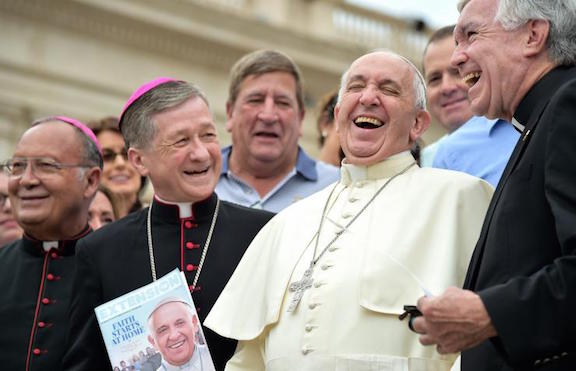
Robert Royal: Chicago’s Archbishop Cupich claims, as many do at the Synod, to want to reconcile mercy with truth. But he didn’t seem himself much troubled by what many would regard as getting the proper order backwards; Communion before repentance and reconciliation. After so many example of these “hard cases,” you start to ask yourself: are there none in which the Church’s firm teaching about people in irregular circumstances led to similar conversions? Read more.
Wisdom and the Synod Schedule
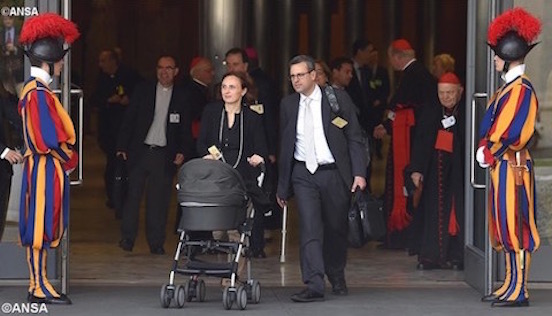
Robert Royal: The work that will be done this week has, to a great degree, already been started. . . . This work will mostly be completed in a very few days (if the schedule holds), too few in light of how, precisely, all the prior talk and editing will be translated into concrete paragraphs in the Final Report. Read more.
Pope Francis’s New Meanings for Synod
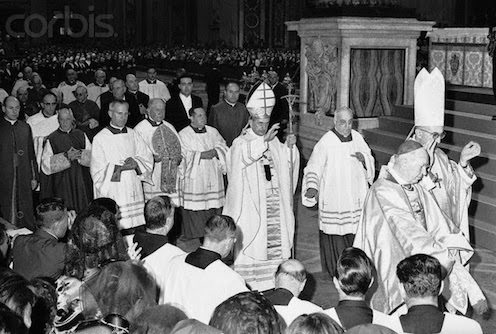
Robert Royal: There is no question that this is what the Holy Father wants “being synodal” to mean, and he even remarked that, “The journey of synodality is the journey that God wants from his church in the third millennium.” But that is a modern notion of synod, as a “walking together.” There is no such meaning to that word in ancient Greek and Christian usage. Read more.
Charity Requires Clarity
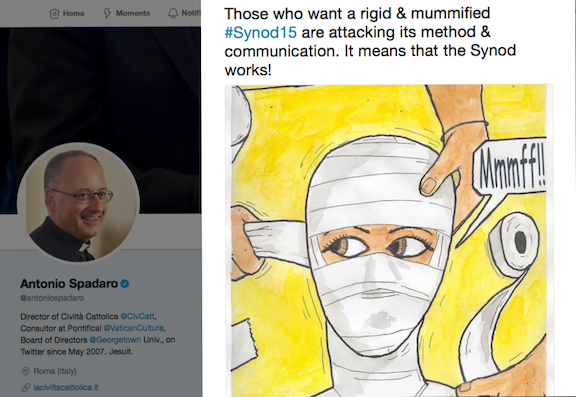
Robert Royal: Perhaps the greatest irony about the current Synod is that the bishops speak frequently and passionately and rightly about the need for clear and positive language. Yet what the process has produced so far is anything but clear and, therefore, evokes negative emotions like fear and confusion among the faithful Catholic who are following the deliberations, and perhaps among the bishops themselves. Read more.
Round Two Ends: Large Questions Remain
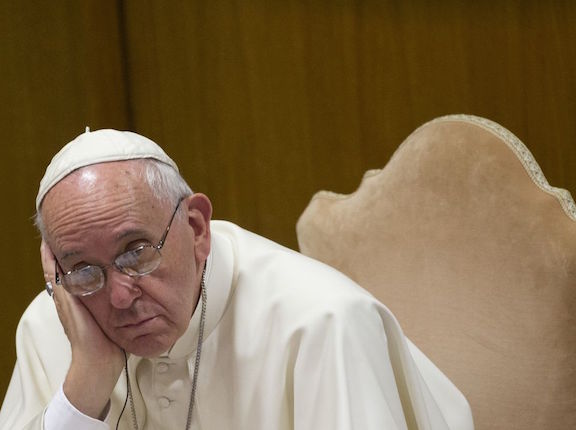
Robert Royal: With a couple of exceptions, the new Synod reports move things in a much healthier direction. The Germans are, as usual, most abstract when they are trying to be most pastoral: “The mercy of God is the fundamental truth of revelation, which does not stand in opposition to other truths.” Maybe so, but who knows what that means? Read more.
Musings at the Midpoint

Robert Royal: Tomorrow (Wednesday) we’ll receive the second set of small language circle reports on the relatively uncontroversial middle section of the Working Document, “The Discernment of the Family Vocation.” All signs are that these will be fairly straightforward in nature, cleaning up misleading wording and filling in gaps in the text. On the grapevine, there’s a recurrent complaint that there has been no clear definition of marriage, which is no small oversight given that this is a Synod supposed to be devoted to marriage and the family. Read more.
Impressions and Misimpressions

Robert Royal: There’s also a whole wild undergrowth of propositions that the bishops are debating, now that they have moved into considering the Second Part of the Working Document, which deals with the “Discernment of the Family Vocation.” This section is a bit better than the empty sociological analysis of Part I, but it’s curious how little the “vocation” described here says about procreation and the raising of children. Read more.
The Devil in the Details
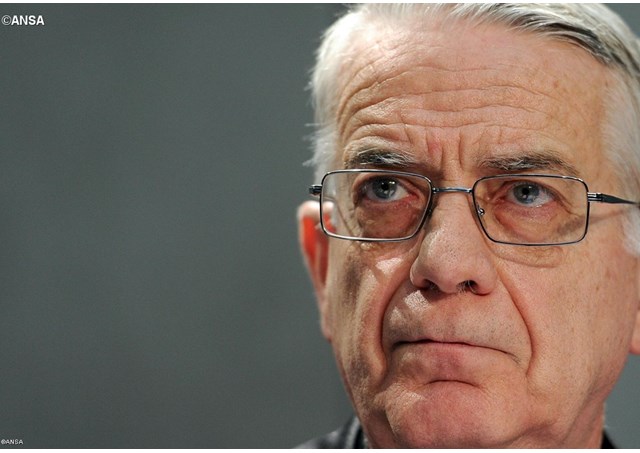
Robert Royal on the end of the Synod’s first week: Are the bishops so divided that they fear even three weeks does not suffice for them to come to some conclusions together, or was the Instrumentum laboris so badly flawed that they are essentially now engaged in trying to rewrite it? Read more.
The Church Deserves Better – and May Get It

Robert Royal: Seeking to praise everything that shows some human value, as our contemporary politicians try to do, leads to absurd confusions between what normally works – tolerably well – and some of the most dysfunctional phenomena in the history of the human race. The Synod seeks to avoid this. Read more.
A Synod is not a Democracy
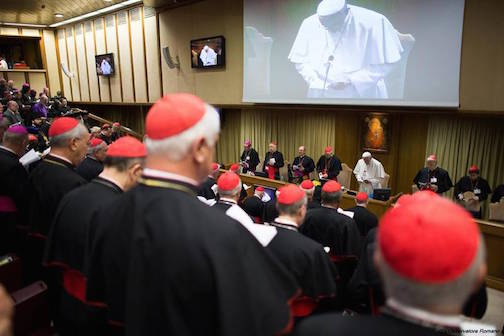
Robert Royal: Not all that many years ago, whenever a synod took place in Rome, almost no one noticed. If you went to the trouble, you could find perfunctory, brief accounts of a day’s speeches in one or another Roman publication, usually the Vatican’s own L’Osservatore Romano. No more. Read more.
Lost in Translation?
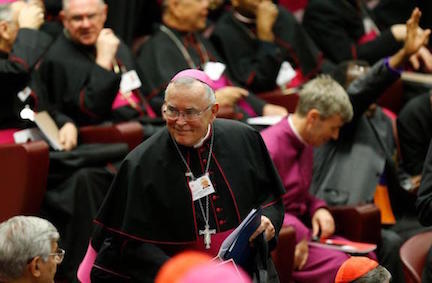
Robert Royal: Pope Francis and the bishops have set themselves a hard task translating the moral principles of the Church – and of most of the religious and ethical traditions of the human race – into a language that elites in the developed world will not declare “offensive” to the point of being beyond the pale. Read more.
The Cooked, the Crude, the Synod

Robert Royal: Many “positive” things during the Synod’s second day of work. But talk intensified about “pastoral solutions.” Read more.
A Good Opening Day for Catholicism
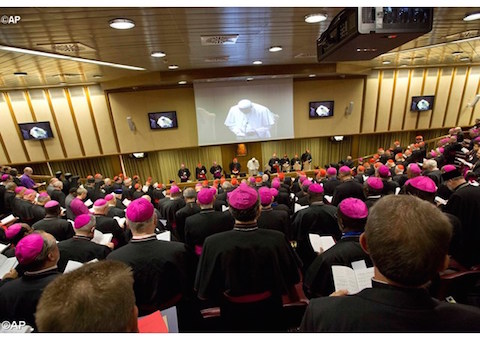
Robert Royal: There are three long weeks to go and much can happen between now and the end of the Synod. But as such things have gone recently, a good opening day for Catholicism. Read more.
2015: Five Guiding Principles for the Synod
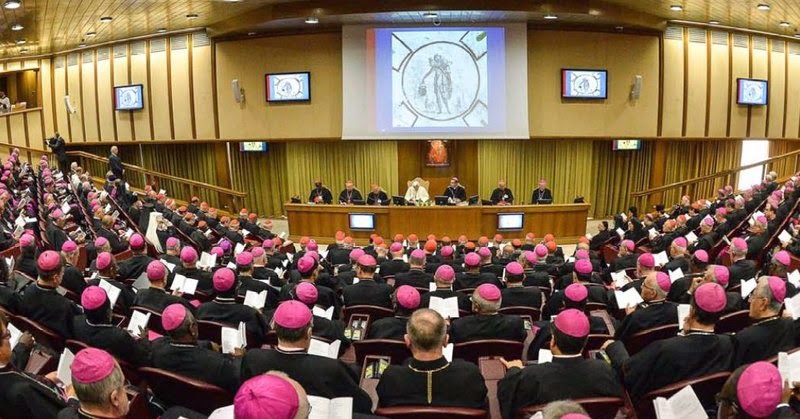
A synod, as I’ve almost grown tired of repeating to friends, is not a legislature, but a consultation. In spite of all the anguish and upset prior to the opening sessions (which begin today), a synod may tell us nothing – or everything. Read more.
2014: Synod Day 12 – On the Way to a Decision?
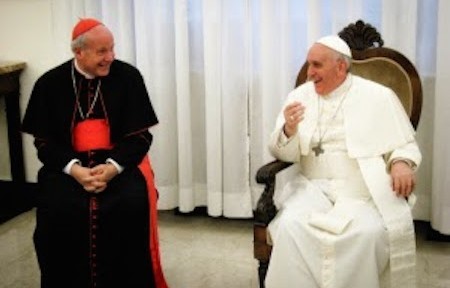
Late in life, St. Augustine issued his Retractationes, which may be translated, I believe, as either “retractions” or “re-treatments” of things he had written earlier. I’m going to do one of the latter. Yesterday, I reported that the Synod bishops voted – against the clear attempt by Cardinal Baldisseri, the leader of the Synod, to suppress the reports of the ten small language groups – that they should be published. That was not accurate. Read more.
Synod Day 11: Some Numbers
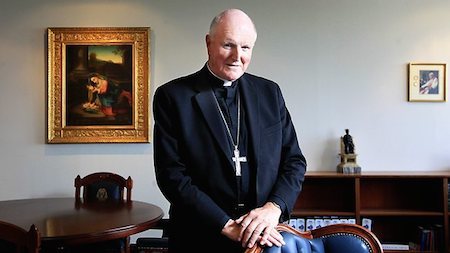
There has been a lot of talk – in dozens of languages – about the Extraordinary Synod since the Relatio post disceptationem (the interim report) was published to great controversy this past Monday. Much of what people who are not here in Rome are saying is worthy of some attention. But since we are awash in so many words, perhaps the best way to analyze Thursday’s news is via some hard numbers. Read more.
Synod Day 10 – A Ton of Vaseline
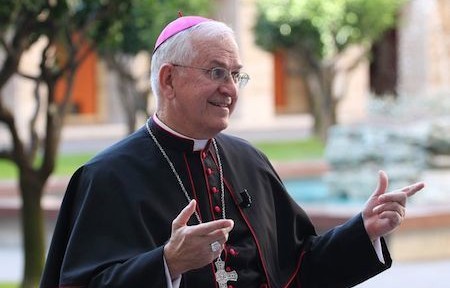
After Wednesday’s press briefing, a noted student of the Vatican, whose identity should probably not be revealed, turned and said to me, “Roberto, I don’t know what you say in English, but here we say that we just had a ton of Vaseline dumped on our heads.” Read more.
Synod Day 9 – Bishops to World: “Never mind”
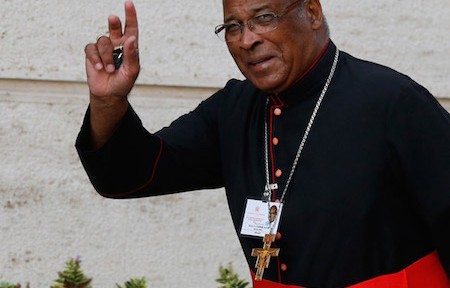
I’ve said here that Monday, the day the document officially known as the Relatio post disceptationem (Synod interim report) was issued, was the strangest day I’ve ever spent in Rome. I take it back. Yesterday, the daily Synod press briefing essentially retracted much that was said Monday and by implication parts of the document, while stopping just short of admitting as much. It was a 180-degree turn such as may never have been seen in so short a radius on Vatican soil. Ever. Throughout the ages. Read more.
Synod Day 8 – A Bizarre Document and Process
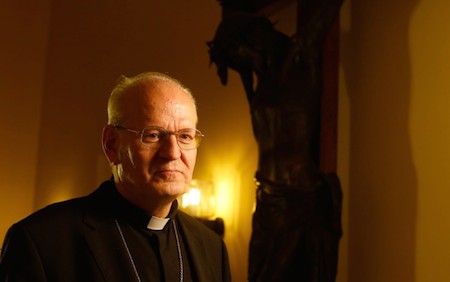
I have been in Rome, by my rough count, 100 times during my adult life. Some visits had to do with secular matters of culture or politics, most with questions related to the Catholic Church. But I think I can say without the slightest doubt that yesterday was the strangest day I’ve ever passed in the Eternal City. Read more.
Synod Day 7 – A New Phase begins
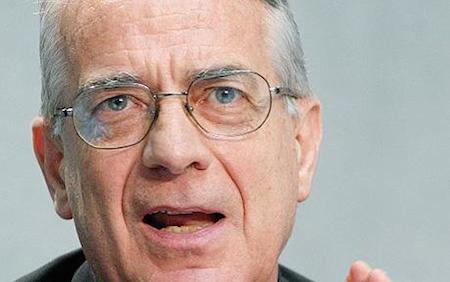
During one of the Masses at St. Peter’s on Sunday, a homilist ventured out into contested territory. He went through several parts of yesterday’s Gospel reading (Matt. 22:1-14) – the parable about the King who invites many to come to a great wedding feast for his son and gets weak, really insulting responses. After scores get settled and others who are strangers brought in, the King finally rejects one who showed up without a wedding garment, ordering him to be cast into the outer darkness, where there shall be the weeping and the gnashing of teeth. Read more.
Synod Day 6 – A Day of Practical Conversations
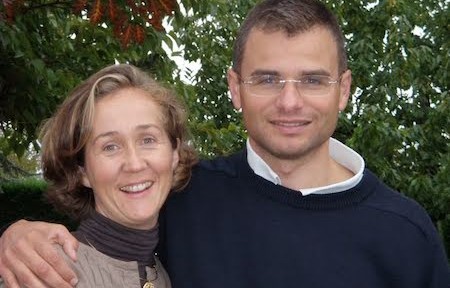
The central difficulty in treating issues that affect the family is that the family itself is so central to human existence that anything related to the family involves virtually everything else. To date, the Synod has invoked everything from participation in the Holy Eucharist to the question of “street children,” and everything in between. And it has been right to do so. Read more.
Synod Day 5 – Openness that Deceives?
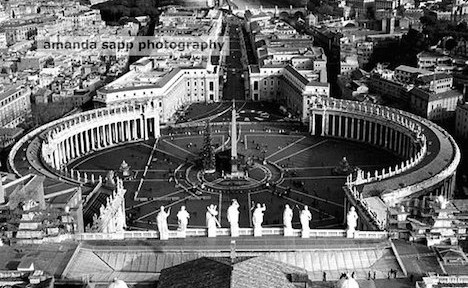
The preparatory Synod that completes its first week of work today is something of a paradox. Previous Synods have actually released formal remarks as they were given, day by day. Reporters were able to sit in on the – often enough, quite boring – daily sessions. This one offers only one-page “summaries,” usually for two sessions per day, which largely relate uncontroversial generalities and don’t identify which speakers make the key points. Read more.
Synod Day 4 – Do We Have Anything Urgent to Say?
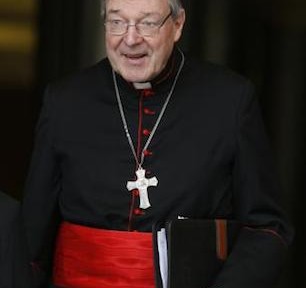
At a conference at the North American College (NAC) in Rome yesterday sponsored by Crux, the Boston Globe’s new Catholic website, Australian Cardinal George Pell remarked that he was going to be a bit “ecclesiastically incorrect.” He noted the high level of trouble the family is in, not just in the developed countries, but around the world – and the quite difficult situations a conscientious bishop very quickly encounters. “I might also be tempted to hope that Christ had been a bit softer on divorce,” he concluded, “But He wasn’t. And I stick with Him.” Read more.
Synod Day 3 – In Search of Effective Action – and Language
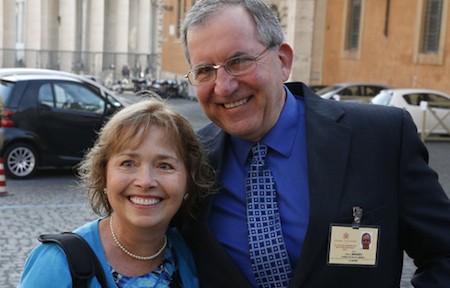
And so, now the synod settles into the real work. But what is that work? One of the prominent stories to have come out of yesterday’s session (Tuesday) was that Jeff and Alice Heinzen, an American couple from La Crosse, Wisconsin, married for thirty-four years, told the pope and bishops that the Church is failing to deal with the collapse of the traditional family. Read more.
Synod Day 2 – “Openness,” Leaks, and Fear of Frankness
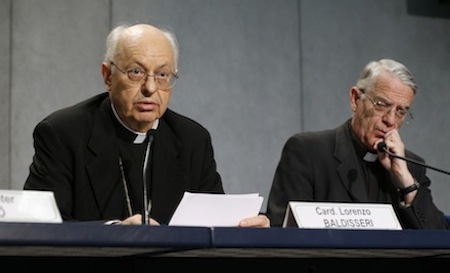
The mood in Rome is – let’s just speak the truth – tense. According to one quite reliable source on site, it’s not only the “Ratzingerians” like Cardinal Burke who have been feeling an icy wind. It’s also more “moderate” Cardinals and members of the Curia who simply don’t know what to make of what’s going on. And fear what might happen if they say the “wrong” thing – difficult to avoid when things are so unclear. Read more.
2014: Synod Day 1 – Between Paul VI and the “Legalists”
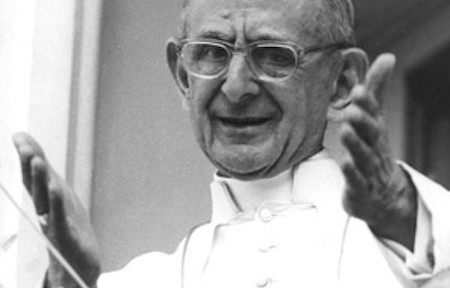
Robert Royal begins his Synod Report series, which will run through the entire fortnight of the meeting in Rome – and in the second week written from Rome. Today: the plan of the Synod itself. Read more.














